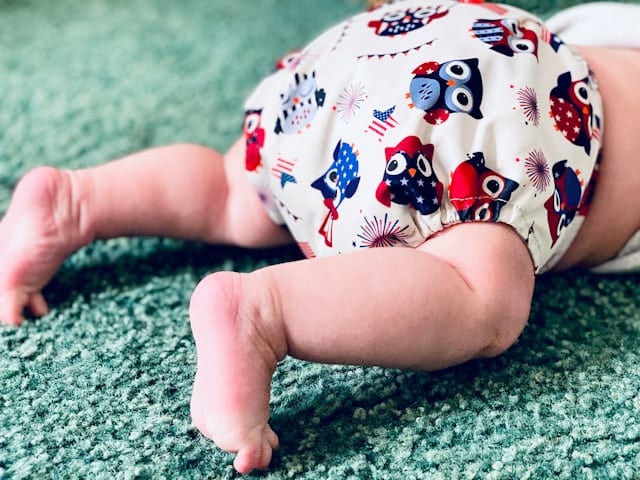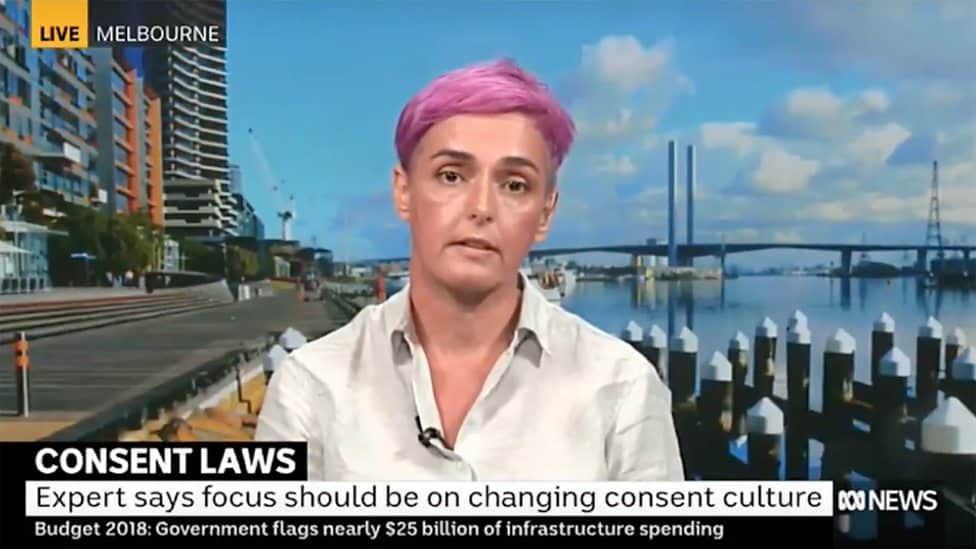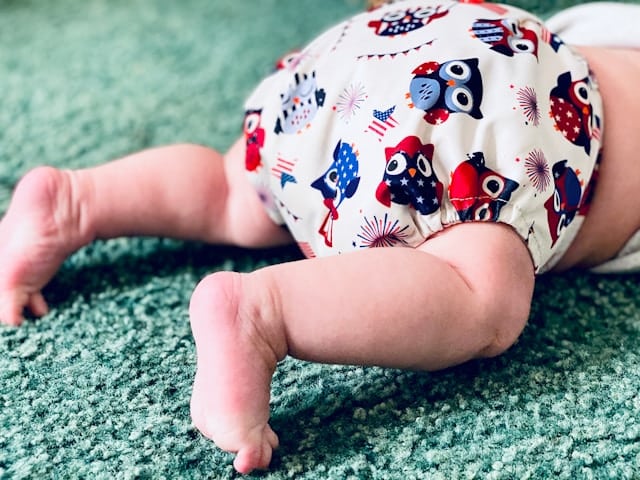A s*xuality educator suggests asking babies for consent before diaper changes. Could it help teach consent? Let’s explore this idea further.
Diaper changing has never sparked much debate. While it can be unpleasant at times okay, most of the time), it’s generally considered a routine part of parenting with little political weight.
That changed recently when a sexuality educator suggested parents ask their babies for consent before changing their diapers.

In an interview with Australia’s ABC News on May 8, Deanne Carson shared that she works with parents, teaching them to establish a “culture of consent” from birth. She encourages parents to speak to their newborns, saying things like, “I’m going to change your diaper now, is that OK?”
“Of course, a baby won’t respond by saying, ‘Yes, mom, that’s great, I’d love my diaper changed!’ But if you pause, look for body language, and wait for eye contact, you’re showing that their response matters,” Deanne explained.

Since the interview, Deanne’s views have been widely mocked online. However, Deanne told BBC Three that her message had been misunderstood
She clarifies that parents should communicate with their babies during diaper changes to help them learn early on that they have control over their bodies, even if they can’t speak.
“We read to young children without expecting them to read back or fully understand the story,” Deanne says. “What we’re doing is building the foundations for literacy. Similarly, when we practice consent with babies, we’re laying the groundwork for understanding consent.”
… I’ve never been so confused in my life. Teaching children consent is 100% important but come on. You’ve got to be kidding me. A child relies their parent to take care of them and that includes personal hygiene! Esp as toddlers and babies. Sit down git.
— Baby (@YourBabyGirl94_) May 10, 2018
Deanne, who works with Body Safety Australia, explains that parents already communicate with their babies, gauging their preferences and feelings.
“We often talk to babies, pause for a moment, and then answer for them—this is how they learn language and empathy,” she explains. “For instance, we might say, ‘Would you like a banana? I have a yummy banana just for you! Oh, you would like that, wouldn’t you?’”

Deanne believes this approach helps babies grow up with healthier relationships as they learn that their bodies and voices are respected from the start.
“If children are raised in a home where their bodies and opinions are valued, they’ll carry those core values into their future relationships,” she adds.
If simply asking a baby a question during a diaper change could help them develop into a well-rounded adult who understands consent, we’re all for it.


